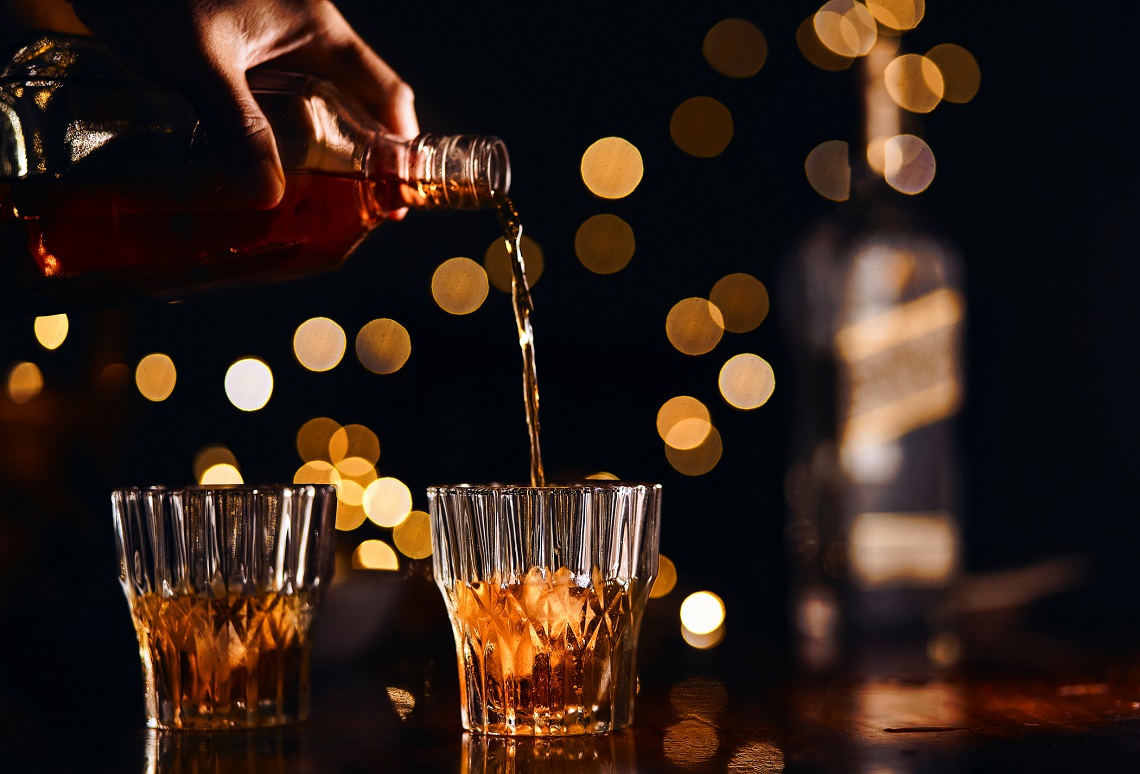By Greg Holland, Chief Executive of Spirits and Cocktails Australia.
A light scattering of snow was falling in Canberra when I visited in early June.
While you can often see snow on the nearby Brindabellas, it’s relatively rare for flurries in our nation’s capital, with real snowfalls experienced there less than once a decade on average.
How appropriate, then, for the white stuff to arrive as a new government was being sworn in. Federal elections where the government changes hands are similarly unusual in Australia, with a transfer of power to a different party happening only seven times in the past 50 years.
As such, I thought it was important to be present when those in the new Albanese ministry gathered for the first time at Parliament House. A change of government represents new opportunities and, potentially, new challenges. Every government will have its own priorities, so it is incumbent upon organisations like Spirits and Cocktails to be proactive in ensuring incoming MPs are aware of the issues facing our industry, and to make a strong case for our own agenda. Too often, here and overseas, we have witnessed anti-alcohol campaigns capture media and public attention based only on emotive claims and half-truths.
As regular visitors to Canberra, and to the offices of MPs and Senators in their home towns and cities, Australian Distillers Chief Executive Paul McLeay and I already enjoy good relationships with many in the new Albanese government. Over recent months, we’ve had positive exchanges with Treasurer Jim Chalmers, Assistant Treasurer Stephen Jones, Health Minister Mark Butler, Trade and Tourism Minister Don Farrell and Minister for Agriculture Murray Watt. At the heart of each conversation is our core belief that now is the time to unleash the exciting potential of spirits in Australia, both as a thriving domestic industry employing thousands of Australians and supporting regional tourism, but also as a nascent export powerhouse.
Regular readers will be well-aware of our joint campaign for reform to Australia’s unfair spirits tax, currently the third highest in the world. This campaign was successful in two significant ways during the term of the Morrison Government. Firstly, having significantly raised awareness of the contribution of the spirits industry in Australia, in the 2021 Budget we won an increase in the excise rebate ceiling from $100,000 to $350,000 for eligible distillers. Secondly, we convinced the previous Government that it would be unfair to introduce tax cuts for other alcohol categories without addressing the structural inequities that punish spirits particularly under Australia’s current alcohol tax regime.
It is from this last position – that our entire alcohol industry is overdue for structural reform – that we now seek to build. While the current spirits tax regime, with its punitive automatic six-monthly increases indexed to CPI, remains the major handbrake to growth, we will now tackle this problem within a broader context. In the coming parliamentary term, we aim to open up a structured dialogue that recognises Labor’s own aims, stated during the federal election campaign, to rebuild manufacturing in this country and support industry growth.
From our perspective, this cannot occur without a recognition of the vital role that foreign investment, often via our own members, plays in supporting and encouraging broader industry development. While the phrase ‘foreign investment’ is often demonised in this country, the reality is that we are all co-dependent players in a complex ecosystem where smaller distillers are often aiming to be bigger, even as international exporters, and larger spirits companies contribute not only by creating many Australian jobs and buying local produce, but by underpinning industry development and consumer awareness.
As mentioned, every new government comes to office with its own agenda. Often, it is looking for opportunities to make its mark on history. We believe distilling in Australia represents just such an amazing opportunity. Imagine the achievement of unleashing the potential of a uniquely Australian spirits industry to match the spectacular growth of Australian wine on the international stage in the 1990s. This is now well within the reach of the new Albanese Government. In my capacity as Spirits and Cocktails Australia chief executive, and as incoming chair of the Alcohol Beverages Australia, I look forward to continuing that conversation.

